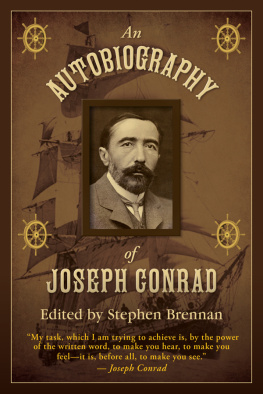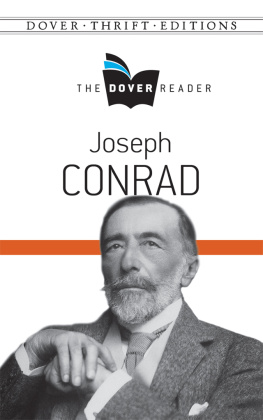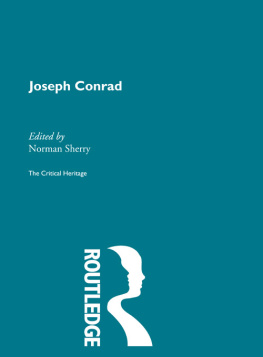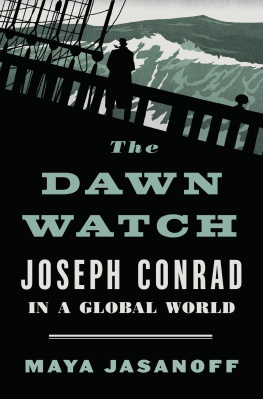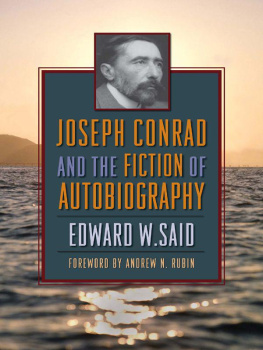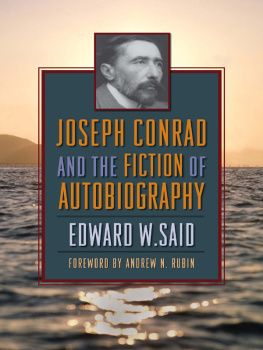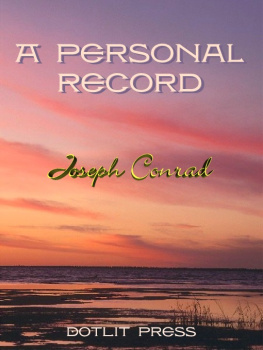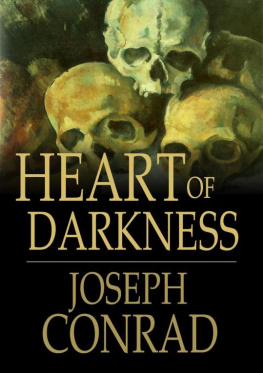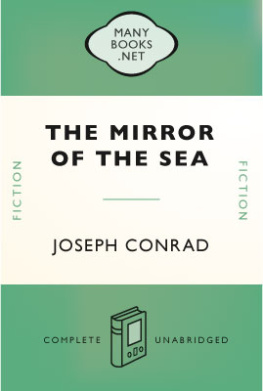Arrangement and introduction copyright 2014 by Stephen Brennan
All Rights Reserved. No part of this book may be reproduced in any manner without the express written consent of the publisher, except in the case of brief excerpts in critical reviews or articles. All inquiries should be addressed to Skyhorse Publishing, 307 West 36th Street, 11th Floor, New York, NY 10018.
Skyhorse Publishing books may be purchased in bulk at special discounts for sales promotion, corporate gifts, fund-raising, or educational purposes. Special editions can also be created to specifications. For details, contact the Special Sales Department, Skyhorse Publishing, 307 West 36th Street, 11th Floor, New York, NY 10018 or .
Skyhorse and Skyhorse Publishing are registered trademarks of Skyhorse Publishing, Inc., a Delaware corporation.
Visit our website at www.skyhorsepublishing.com.
10 9 8 7 6 5 4 3 2 1
Library of Congress Cataloging-in-Publication Data is available on file.
Cover design by: Jane Sheppard
ISBN: 978-1-62636-138-6
eISBN: 978-1-62914-137-4
Printed in the United States of America
Contents

Introduction
And there was somewhere in me the thought: By Jove! This is the deuce of an adventuresomething you read about
J. C., Youth

O f course you might take a broad view and insist that any novelist working from his or her imagination must of necessity rely upon the experiences, the people and places he or she somehow deeply knows. Inspiration comes only rarely out of thin air, and we most often write what we know (except when we dont). This truism is especially evident in the work of Joseph Conrad, who before giving up the sea at age thirty-six to try life as an author had already lived a life full of world travel, hardship, passion and adventure. Early an orphan, he spent his subsequent young manhood in Cracow, Paris, Brussels and Marseilles, as a bon vivant and remittance man before going to sea. This young Conrad attempts suicide, suffers an unhappy love affair, and fights a duel. A would-be revolutionary, he undertakes to smuggle arms to the Carlists in Spain; in this escapade he loses his ship and very nearly his life. Since the French maritime service in which he nominally served recognized an obligation to repatriate young Poles liable for service in the Russian Army, and Britain did not, Conrad acquires British citizenship and begins to learn English. In 1890 hefatefully for world literaturetakes a job, first as mate, then as captain of the small steamer Roi des Belges, plying the uncharted reaches of the Congo River near Stanley Falls. This experience forms the basis for Conrads novella The Heart of Darkness, easily a masterpiece of modern world literature.
Few novelists can be said to have plundered so much from the struggle and adventure of their own early livesthe men and women they have known, the seas they have voyaged, the storms suffered, deprivations endured, the exotic, distant, almost other-worldly cities they have trampedand to have deployed all this to such effect in the fashioning of their art. Thus, in rendering his Autobiography, the temptation is very great to identify, to cite and to excerpt from his fiction. Indeed, for a hundred years now there has been what amounts a veritable cottage-industry devoted to Conrad Studies and in both the sweatshops of popular criticism as well as in the cloistered workhouses of the academy, the great game has always been to seek the liniments of Conrads biography in the characters, settings and events of his stories. It is a great game, and I have played it myself, but it is not autobiography. The imperatives of invention, the very alchemy of the process of fiction make it unreliable biography, auto or otherwise. Even the sampling of correspondence, public or private, or the quotation from interviews, fails to meet the rigorous standards of true autobiography. No, for it to count as autobiography the author must consciously, explicitly set out to tell his own story, and no work of fiction, however resonant of the writers true adventures, will meet the case. Instead it is the practice of memoir and of reminiscence that are the disciplines of autobiography.
Joseph Conrad was born Jozef Teodor Konrad Korzeniowski, in 1857, in Berdiczew, a Polish-speaking region of Ukraine, then a part of the Russian Empire. His parents, Apollonius Nalecz Korzeniowski and Evelina Bobrowska, were minor aristocrats and landowners of the old Polish regime. After failing in the management of their estate in Podolia, they moved with their only child to Warsaw and busied themselves with matters both artistic and revolutionary.
... I learned the fact that the first inception of the secret National Committee intended primarily to organize moral resistance to the augmented pressure of Russianism arose on my fathers initiative, and that the first meetings were held in our Warsaw house...
In 1862 Jozefs father was arrested for anti-state activities, and imprisoned in the notorious Warsaw Citadel . A few months later, Apollonius was condemned to a Siberian-like exile in Vologda , a town not much over three hundred miles due north of Moscow. Upon petition, Evelina was permitted to join her husband in his banishment. But, not often in good health she soon sickened, and in 1865 died of tuberculosis. A year later, young Jozef was sent to live with his uncle Tadeusz Bobrowski on his estate at Nowofastow, in Polish Ukraine. In 1868 the father was allowed to relocate to Lemberg in Galicia, where he was soon joined by the eleven-year-old Jozef. A year later the two of them had moved to Cracow. The father, now gravely ill of the same TB that had taken the mother, worked intermittently on his translations while the son attended preparatory school. In the evenings, on the weekends and on holidays they would read, the Polish Romantic Poets together: Stowacki and Mickiewicz , also many of the other great European authors: Shakespeare and Stendhal, Hugo, Flaubert, and Dickens. (Conrad was later to name Bleak House the favorite book of his youth.) In May of 1869, Apollonius died and the eleven year-old was again given into the care of his mothers brother, Tadeusz. For the next four years the boys studies were supervised by a tutor, one Mr. Pulman , a student of the University of Cracow.
It is in 1872, that Jozef first informs his uncle of his intention to become a sailor. A year later on a hiking vacation in the Alps with Pullman, this intention to go to sea had grown into a firm determination. In 1874 he enters the French marine service, apprenticing on the Monte-Blanc , a three-masted trader bound for Martinique. For the next twenty years Jozef Teodor Konrad Korzeniowski, soon to be anglicized Joseph Conrad, follows the sea. In 1894 he completes his first novel, Almayers Folly, and, leaving the shipboard life forever, undertakes to become an author. He assays this re-invention of himself with some trepidation:
The only doubt I suffered from, after the publication of Almayers Folley, was whether I should write another line for print. Those days, now grown so dim, had their poignant moments. Neither in my mind nor in my heart had I then given up the sea. In truth I was clinging to it desperately. All the more desperately because, against my will, I could not help feeling that there was something changed in my relation to it.

